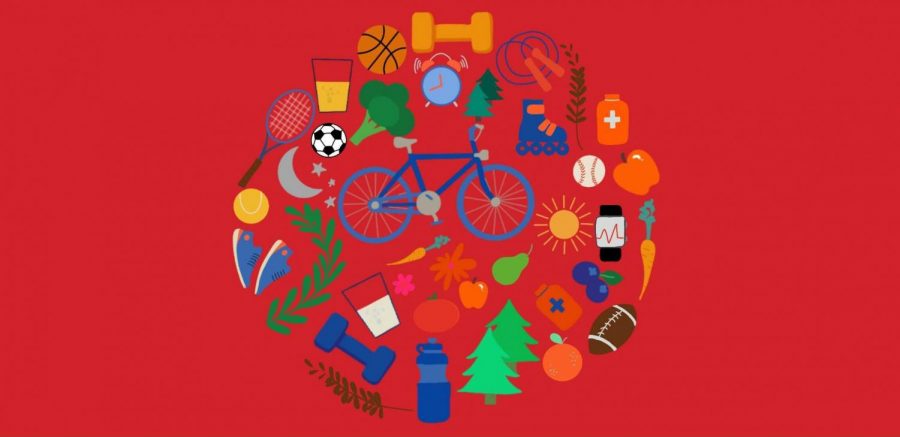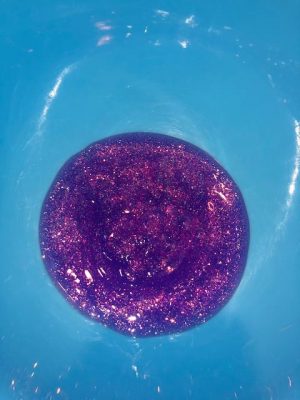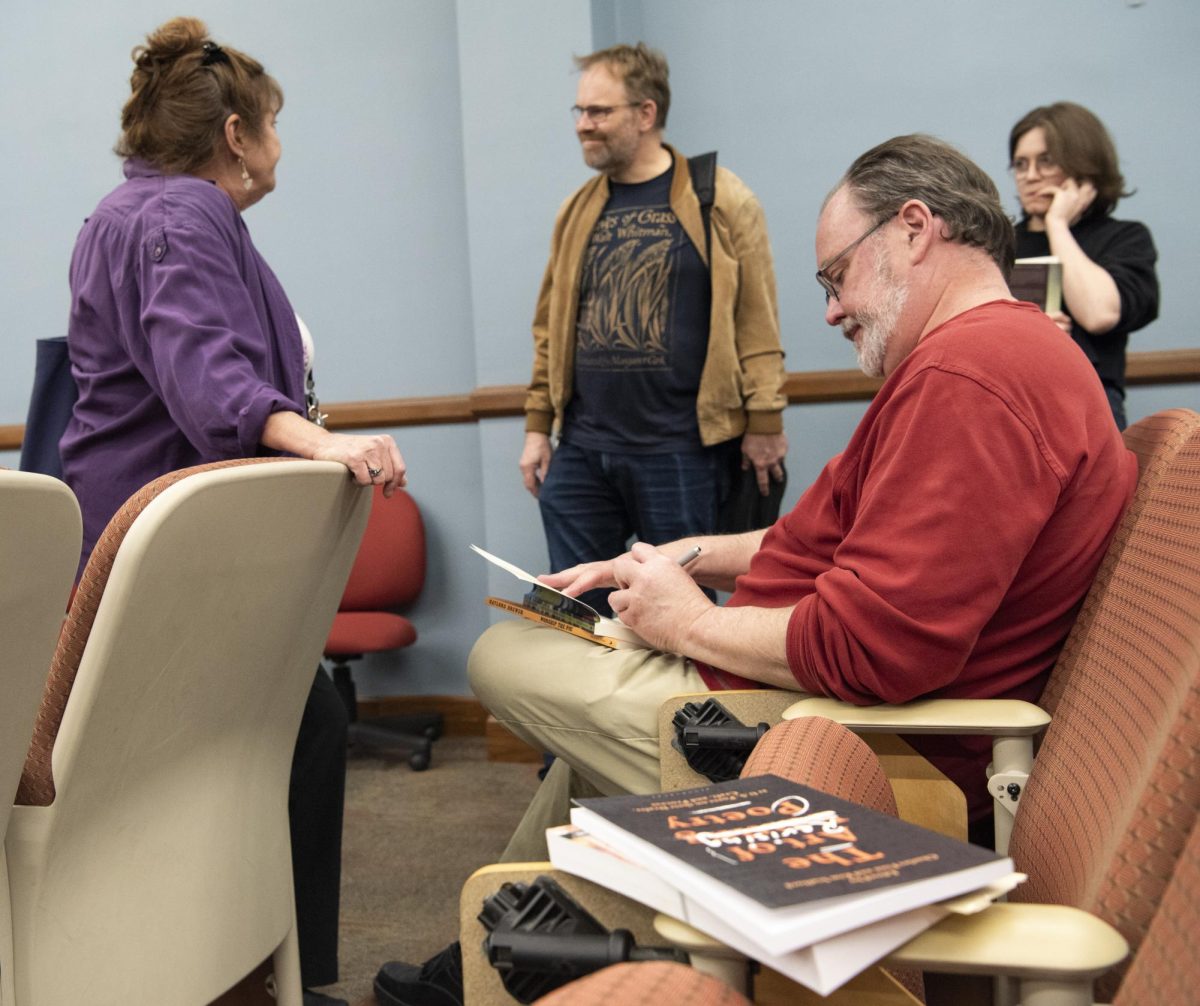Prevention methods to understand your health during Breast Cancer Awareness Month
October 17, 2021
Since October is Breast Cancer Awareness month, now is a good time to learn about prevention methods and the effects of breast cancer.
According to the National Breast Cancer Coalition, 1 in 8 women will get invasive breast cancer in their lifetime, making the risk 12.8%.
According to the American Cancer Society, there are a few general precautions for prevention of breast cancer, including staying at a healthy weight, being physically active and avoiding excessive alcohol drinking. Some risk factors of getting breast cancer can be avoided if you try to do these things.
For women at an increased risk of getting breast cancer, a few more things are suggested by the American Cancer Society. Knowing your family history of breast cancer is important because there is a genetic factor in the chances of having breast cancer. Visits to a genetic counselor and testing your breast cancer risk tell you if you are at increased risk for breast cancer.
It is also suggested to closely observe for possible first signs of breast cancer. This can be done through self examination of the breasts or a mammogram given by a doctor. Not all changes in breast tissue indicate breast cancer, however, large or painful lumps or visible changes from their usual look could be a sign, according to breastcancer.org. If you notice either of these, it is recommended that you contact your doctor for further examination.
“I think taking preventive measures is so important because breast cancer can be treated if it is detected early,” Kaitlyn Gray, a freshman biology major with a pre-PA concentration said. “It is so important to be aware of signs and symptoms and check at home!”
Joel Hornback, a sophomore biology major, stressed the importance of preventive tactics but also explained why it is important that we celebrate this awareness month.
“Breast cancer awareness is so important because 1 in 8 women will have to battle it in their lifetime,” Hornback said. “These women are mothers, daughters, sisters and spouses. Medicine is constantly changing and new cures and ailments are continually being found. Until a cure for such a prevalent disease that affects so many that we love is found, we have to make sure everyone knows the gravity of the situation.”
News reporter Alexandria Anderson can be reached at alexandria.anderson337@topper.wku.edu.













